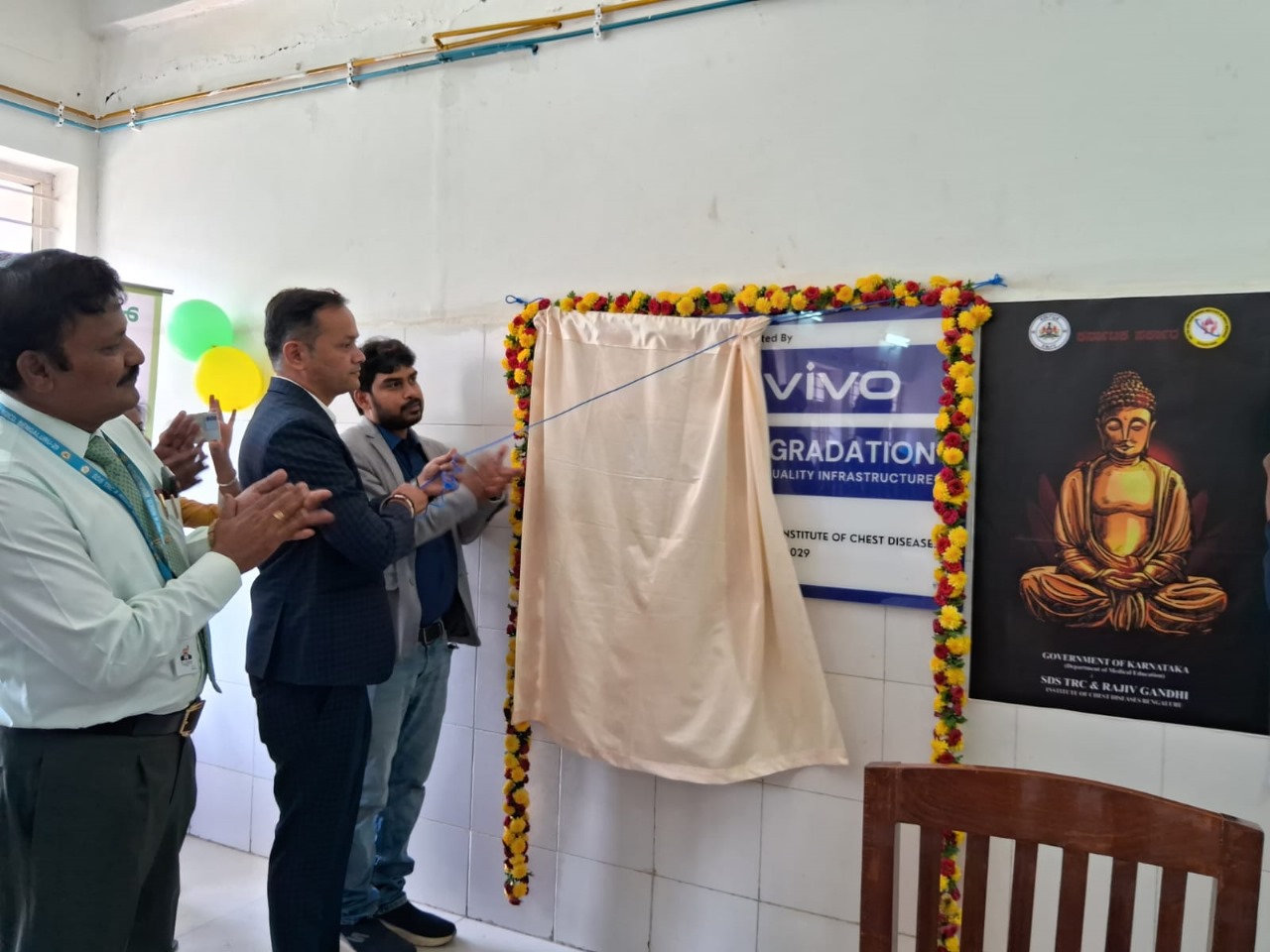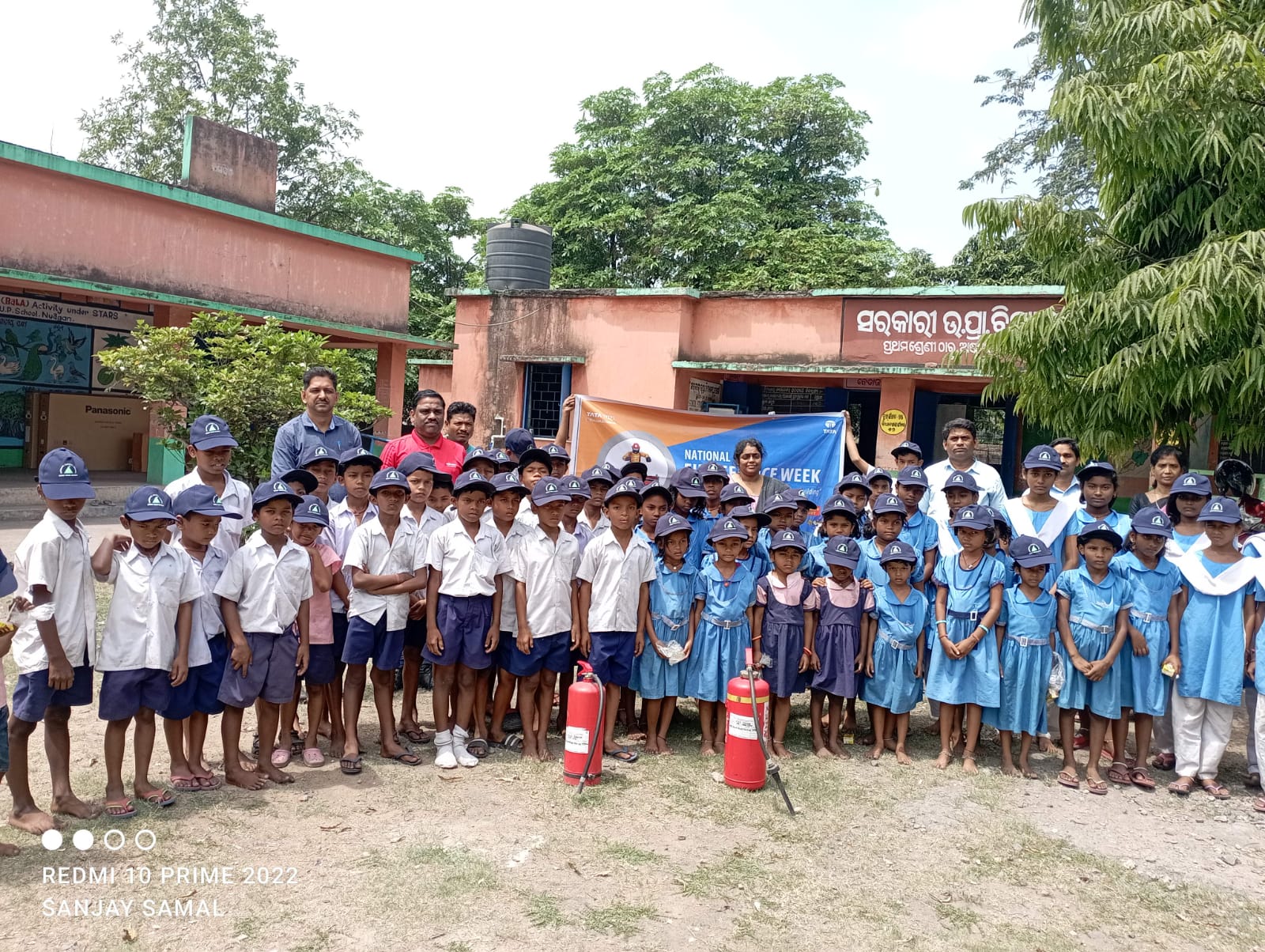Subscribe our Weekly Newsletter
Applications Invited for Civil Society Organisations as Actors in Development - India

Organization: European Commission
Apply By: 30 Apr 2024
Grant Amount: 9539000 Euro
About the Organization
The European Commission is the EU's politically independent executive arm. It is alone responsible for drawing up proposals for new European legislation, and it implements the decisions of the European Parliament and the Council of the EU.
Role: Promotes the general interest of the EU by proposing and enforcing legislation as well as by implementing policies and the EU budget.
About the Grant
The EU is a longstanding global champion for civil society as development actors in their own right and supports their engagement to contribute to democratic processes and to achieve better development outcomes. Civil Society Organisations (CSOs) are crucial in the context of fundamental freedoms, the rule of law, democracy, peace, conflict prevention, resilience and stability in our partner countries, and are key partners in devising and implementing policies and programmes that meet people's needs, reduce inequalities, and fulfil the central commitment of the 2030 Agenda to leave no one behind.
The EU’s commitment to supporting CSOs has been manifested by the adoption of its landmark Communication “The roots of democracy and sustainable development: Europe's engagement with Civil Society in external relations”, in 2012 . This core policy document recognises CSOs as development actors and supports their engagement to build stronger democratic processes, social dialogue and accountability systems and to achieve better development outcomes. The EU has thus departed from the traditional view that the role of CSOs is mainly to implement development projects and has changed the focus towards strengthening CSOs to improve citizens’ involvement in societal decisions, to further participatory democracy and good governance. The 2012 Communication also recognises the significant role of civil society in delivering social services, with a particular focus on disenfranchised and marginalised groups. The importance of civil society partnerships has been further strengthened in the European Consensus on Development (2017) and the Council Conclusions (2017) .
The current Call for Proposals falls under the thematic programme for Civil Society Organisations and aims to strengthen CSOs as actors of good governance and development. To this end, support to CSOs as a result of the programme has the key principles of promoting an inclusive, participatory, empowered, and independent civil society. The CSOs’ participation in dialogue mechanisms is vital in bringing expertise from the ground and contributing to policymaking that meets people's needs, and thus they are instrumental in fulfilling the central commitment of the 2030 Agenda to leave no one behind. Civil society is also considered essential by the EU for the achievement of the Sustainable Development Goals (SDGs) and is particularly relevant for the success of SDG 16 and 17, which call for peaceful and inclusive societies as well as a revitalized Global Partnership for Sustainable Development. In addition, CSOs are allies in the implementation of the 2030 Agenda, not least, as the agenda requires deep structural and behavioural changes in society that they can contribute to through awareness raising and advocacy. Further, the call takes into account priorities set by the EU Gender Action Plan (GAP III) country implementation plan (CLIP) for India.
Objectives of the Programme and Priority Issues:
The global objective of this call for proposals is to strengthen Civil Society Organisations as independent actors of good governance and development in their own right.
The specific objective(s) of this call for proposals is to strengthen local Civil Society Organisations’ ability to engage as actors of good governance and development at country level. This is expected to be done through promoting inclusive and sustainable growth, in partnership with public authorities and the private sector, with a focus on livelihood and economic empowerment.
The priorities of this Call for Proposals are:
- Promoting Indian-made craft products, e.g. handicrafts and textiles, through technological innovation and modernisation, competiveness, enhanced quality, efficiency and market linkages, with a lens on improved livelihoods and economic empowerment.
- Improving circular economy as well as responsible consumption and production for Indian-made craft products, particularly textiles, considering value chains not just from a financial angle but also from a social and environmental perspective, and linking interventions with livelihood support initiatives.
- Supporting access to gainful employment/self-employment of women, youth and vulnerable communities, for positively affecting livelihoods and economic empowerment on a sustainable basis, including through skilling, capacity building, supporting access to credit, improved marketing techniques, and access to other livelihoods services.
- Raising awareness of key actors i.e. social enterprises, CSOs and private sector actors on inclusive economy, social-responsive business, corporate social responsibility, decent work (including occupational health and safety conditions), and promoting entrepreneurship (including financial training, management, etc.) with a strong focus on women, youth and vulnerable communities. In addition, increasing linkages with European companies and/or platforms of European companies in India with a view to positively impacting people’s livelihoods.
- Supporting MSMEs capacities in shifting towards digitisation for improved market access, livelihood and income generation.
- Facilitating knowledge, technology and experience transfer from other countries, especially from Europe and the South Asia region.
In the evaluation process, priority will be given to proposals that contain:
- A strong intervention logic, which clearly explains how EU funding will contribute to the entire cycle from identifying needs of target groups and beneficiaries to the anticipated positive impacts of the intervention.
- A distinctive and innovative justification on why the project should be undertaken, what it seeks to achieve and how it will do this and to what effect.
- Ownership of the design, activities and outcomes of the project by key stakeholders/CSOs.
- A sustainability and scalability approach, demonstrating a sound analysis of the problem to be addressed, information and knowledge management, participation, community ownership and capacity building, hence avoiding dependence of results and outcomes on the project.
- Inclusiveness in design, ensuring that the key stakeholders are consulted, as well as ensuring diversity through the inclusion of disadvantaged sectors/groups.
- A meaningful, convincing geographic intervention logic, be it at district, state, or regional (e.g. North East Region) level.
- Evidence of gender analysis to support effective gender mainstreaming, understanding how the problem addressed in the project affects men and women differently and undertaking actions to ensure gender issues and women empowerment are tackled in all the activities of the projects.
- A focus on specific population groups/categories in particular women, youth, vulnerable communities, persons with disabilities, indigenous people, LGBTQI+, internally displaced people, people living in conflict situation or in disaster prone areas, etc. also considering intersectionality of these groups.
- Replication of existing successful and sustainable practices or systems of participation of CSOs in public decision making processes and in social accountability to strengthen good governance.
- The logical framework has to be gender sensitive and should provide sex disaggregated data to the extent possible. Kindly refer to the GAP III Staff Working Document for further information: https://eur-lex.europa.eu/legal-content/EN/TXT/PDF/?uri=CELEX:52020SC0284
- Indicators, as applicable, in the context of actions targeting gender can be found as annex to this Call for Proposal. Further information can be found at: https://ec.europa.eu/commission/presscorner/detail/en/IP_20_2184
- Providing sound data and evidence describing the baseline situation and target setting that will facilitate evaluation of the project. The baseline data should be reflected in the logical framework.
How to Apply
Deadline for submission of concept notes:
30th April 2024 at 12:00 hrs (Brussels date and time)
For more information please check the Link
Stay in the loop with the newest RFPs and Grants through NGOBOX's WhatsApp Channel. Join now by clicking here!
Latest Online Store
Latest Tenders And EOIs
Latest News
© Renalysis Consultants Pvt Ltd


























